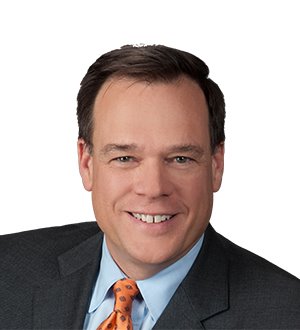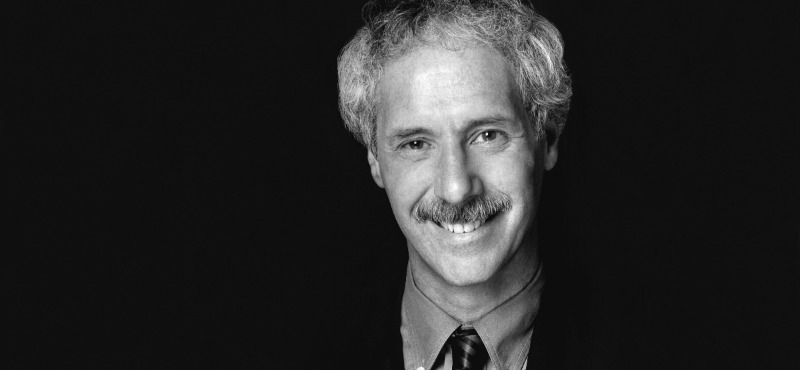Executive Summary: On Friday, December 13, 2019, the National Labor Relations Board (NLRB or the Board) announced its plan (the New Rule) to implement significant changes to the expedited election rules adopted in 2014. Continuing in its efforts to scale back Obama-era regulations, the NLRB’s modifications are considered "common sense changes to ensure expeditious elections that are fair and efficient,” according to NLRB chairman John Ring in announcing the changes. See NLRB Announces Modifications to Representation Case Procedures.
Background: On December 12, 2014, the NLRB adopted a 733-page final rule (the 2014 Rule) that significantly changed the Board’s longstanding union election procedures and eliminated many of the steps upon which employers had relied to protect their rights and the rights of employees who may not want a union. For a discussion of the 2014 Rule, please see our December 12, 2014 Alert. Summarily, the 2014 Rule tilted the scales of a union election in labor’s favor by expediting the election process.
The December 13, 2019 Rule, issued by the Board as a final rule without the generally required notice and comment period (See NLRB Announces Modifications to Representation Case Procedures), is just the latest of several Obama-era standards reconsidered by the NLRB in its effort to overturn what some employment law observers have described as "extreme" policy shifts made under the previous administration.
The New Rule: The New Rule does not eliminate the previous 2014 Rule. It does, however, relax the election timeline by modifying the 2014 Rule in the following ways:
- representative hearings will be scheduled to begin 14 business days from the service of the notice of hearing, as opposed to the current eight calendar days;
- the initial official notice, the Notice of Petition for Election, must be posted within five business days, as opposed to the current two business days;
- the employer must still file a position statement in advance of the representative hearing. However, it is now due eight business days after service, as opposed to the current seven calendar days;
- the petitioning union will now have to file a responsive position statement in advance of the hearing, as opposed to providing an oral response at the hearing;
- the scope of the representative hearing will not be as constrained, which will allow for litigation of supervisory status issues prior to the election;
- the parties will now have a right to file post-hearing briefs within five business days of the close of the representative hearing;
- absent consent of the parties, elections may not be scheduled sooner than 20 calendar days after the Regional Director’s direction of election; and
- the employer will now have five business days following the direction of election to provide a voter list, as opposed to the current two business days.
Employers’ Bottom Line: The New Rule is set to be published in the Federal Register on Wednesday, December 18, 2019, and will take effect 120 days later. This Rule, seemingly simplifying the representation process to the benefit of all parties, is seen as a win for employers. Having said that, it is clear that the NLRB rules and regulations vary depending upon the current membership of the Board, making this Rule, invariably, subject to change in the coming years. For this reason, we encourage employers to always consult with employment counsel when anticipating an election.
If you have any questions regarding this issue or any other labor or employment issues, please contact the authors of this Alert, Paul Beshears, pbeshears@fordharrison.com, partner in FordHarrison’s Atlanta office, or Mollie Wildmann, mwildmann@fordharrison.com, associate in FordHarrison’s Memphis office. You may also contact the FordHarrison attorney with whom you usually work.























